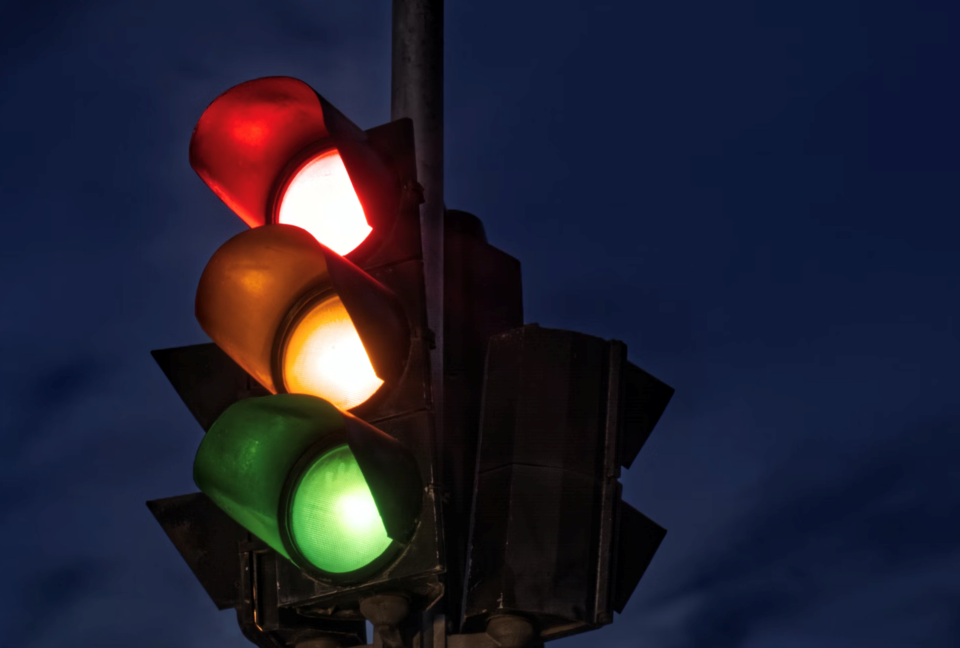Longmont Public Safety is installing “speed and red light cameras” as part of an effort “to decrease the number and severity of crashes” in Longmont. The city will utilize automated vehicle identification systems (AVIS) in four locations but said the number of cameras “may increase over the program’s life.”
The initiative was approved on November 19, 2024 and the system will be installed on or after March 16. For the first 30 days, drivers will receive a warning for speeding and/or red light violations. Beginning on the thirty-first day following installation, tickets will be issued for violations. The citation will be $40 for speeding, $80 for speeding in a construction zone, and $75 for a red light violation. No points will be assessed against the driver for violations unless it is a speeding violation more than 25 miles per hour over the speed limit, which will result in a six-point citation.
The City of Longmont’s website does not provide the details of the contract with Sensys Gatso, the contractor providing administrative oversight of the program. The Longmont website states that “the road safety camera program is set up to be fully funded through fines paid by red-light runners.” A press release on the Sensys Gatso website says the six-year base contract with the City of Longmont is estimated to be worth up to $2.2 million. It is the first contract the company has in the state of Colorado.
Red light and speeding cameras that capture videos and pictures have been criticized for being unconstitutional. The Sixth Amendment allows a person accused of a crime to confront the witness. The camera that catches the violation is the witness in this case, which can not be confronted in court. However, these violations are considered civil infractions rather than crimes. Those who receive a citation are still able to argue against the ticket in court.
Others have claimed it is a violation of the Fourth Amendment, which protects people against unreasonable search and seizure. The cameras take pictures of vehicles and license plates without a warrant, but the Supreme Court ruling in Katz v United States found that there is no reasonable expectation of privacy in public places.
The cameras can be placed in “residential, construction zones [and] school zones.” The Longmont website also lists 13 additional places the cameras may be placed and says they are subject to relocation within Longmont city limits. The locations of red light cameras will be “marked clearly with signs” according to the city’s official statement.



